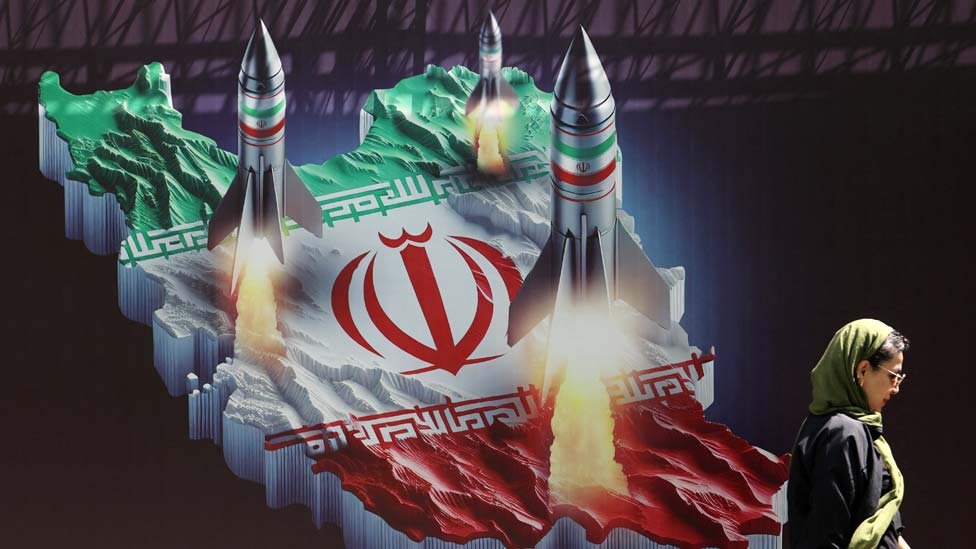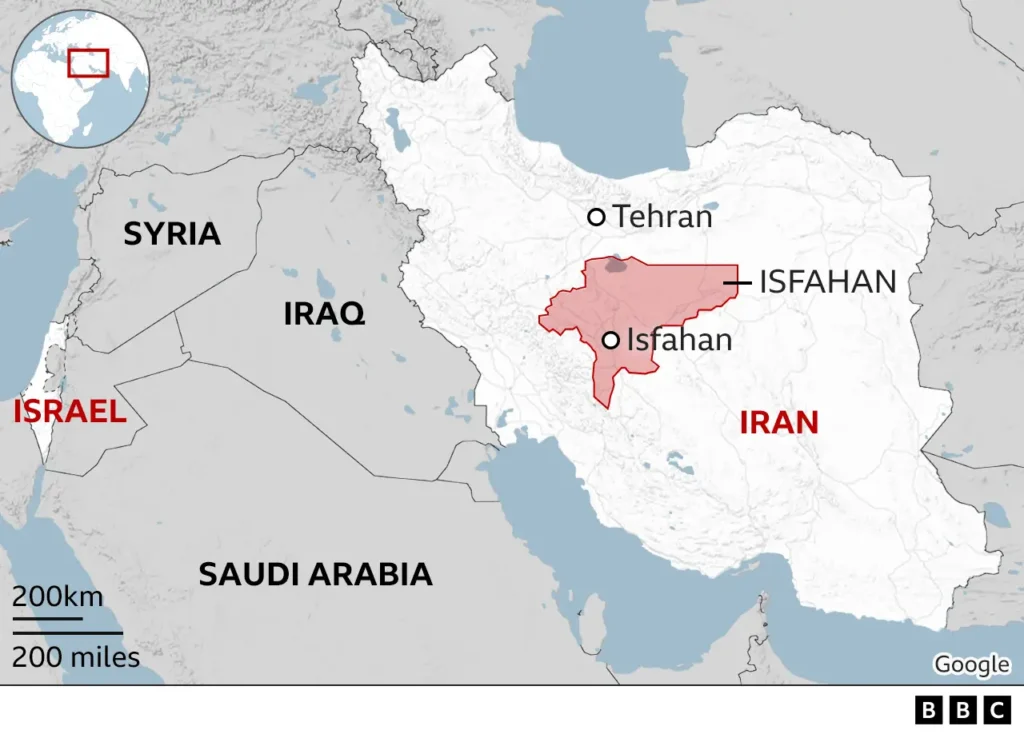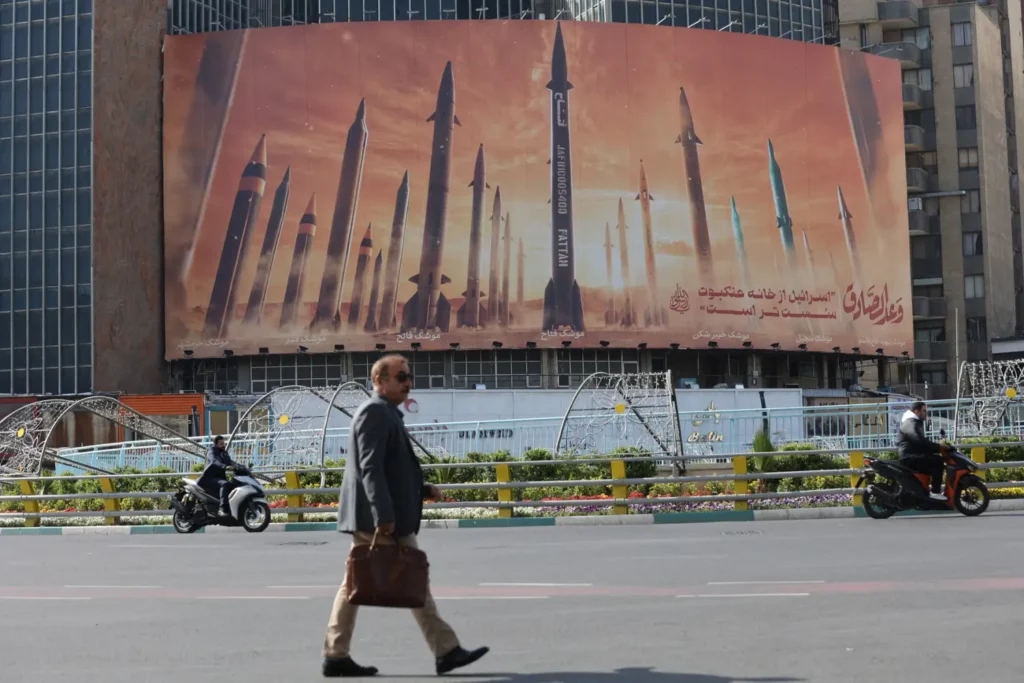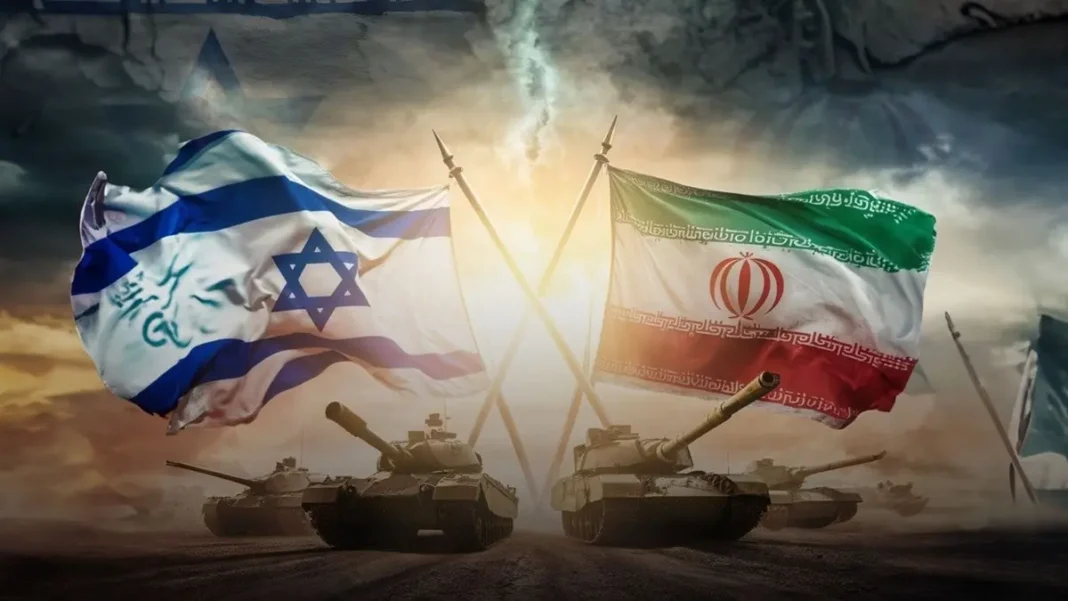Among the most complicated and deeply ingrained geopolitical concerns in the world, Iran’s relationship with Israel is one These two countries have kept a long-standing rivalry characterised by times of increased tension, political wrangle, and sporadic de-escalation. But what is happening right now between Israel and Iran? For the Middle East and the world community, what does it imply?

The present scenario, the underlying reasons of their dispute, important events of recent months, and their repercussions for the area will be discussed in this paper. Understanding these components helps us to appreciate the continuous dynamics between these two countries and how it affects more general world relations.
The underlying reasons of conflicts between Iran and Israel
Ideological
and Historical Differences
Decades of hostility between Iran and Israel have their roots in politics, philosophy, and power rather than in any one thing. Mostly Shia Muslim, Iran sees Israel as violating Palestinian rights and has long campaigned for Palestinian statehood. Iran has positioned itself as a backer of anti-Israel attitude since the 1979 Islamic Revolution, therefore fighting what it views as Western imperialism in the Middle East.
Conversely, Israel has major security issues over Iran’s presence in the area. Leaders of Israel feel that direct threat to Israeli security comes from Iran’s backing of armed groups like Hezbollah and Hamas. This underlying ideological resistance has created a constant state of conflict, which has made the contacts between the two countries suspicious and hostile.

The Nuclear Question: A Fundamental Point of Argument
The nuclear program of Iran is among the most divisive topics available. Iran claims its program is for benign uses, including medical research and energy generation, while Israel and many Western nations contend Iran wants nuclear weapons developed. Claiming it would cause further instability in the Middle East, Israeli officials say a nuclear-armed Iran would fundamentally change the balance of powers.
Commonly referred to as the Iran Nuclear Deal, the Joint Comprehensive Plan of Action (JCPOA) has experienced uneven outcomes in attempts to control this. Israel’s worries have been heightened by the U.S. pull from the agreement in 2018 and Iran’s later ramping up of uranium enrichment, which has resulted in covert and overt acts meant to stop Iran’s nuclear advancement.
Recent Significant Events Increasing Tension
Cyberattacks and assassination
Targeted attacks, cyberwarfare, and espionage are among the many ways tensions show up. Iran’s top nuclear scientist, Mohsen Fakhrizadeh, was killed in 2020—a death Iran links to Israel’s Mossad. Iranian leaders then promised retribution, therefore starting a cycle of revenge that still goes on today.
Another important battlefield is now cyberwarfare. Israel has been connected to many cyberattacks aiming at Iran’s nuclear infrastructure; Iran has reacted with cyber operations aiming at Israeli companies and vital infrastructure. These cyber battles highlight the technological aspects of their conflict as well as the extent both sides are ready to go to protect their interests.
Regional Power Notes: Syria and Lebanon
Through proxies in nations like Syria and Lebanon, Iran and Israel also collide. Frequent Israeli airstrikes on Iranian installations in Syria follow Iran’s support of Syrian President Bashar al-Assad and military deployment close to Israel’s borders. “Our red line is Iran’s military presence close to our borders,” Israeli officials have said often.
One of Israel’s most powerful non-state enemies still is Hezbollah, supported by Iran, in Lebanon. Israel has cautioned that purportedly supplied by Iran, Hezbollah’s expanding armament might cause another catastrophic conflict, which both sides wish to prevent but seem ready for.

How Allies and Global Politics Shape This Conflict?
Triangle US-Iran-Israel
Long Israel’s loyal friend, the United States has been instrumental in
determining the dynamics between Israel and Iran. Israel was alarmed when the
US government decided to interact with Iran again over the nuclear agreement.
While the U.S. aims to stop nuclear escalation by negotiation, Israel thinks a
softened approach could empower Iran.
The Power of Russia and China
Engagement by Russia and China with Iran adds still another level of
complication. Russia’s alliance with Iran, particularly in Syria, and China’s
economic ties to Iran—including infrastructure investment and oil
imports—challenge the U.S. and Israel’s sway. This web of connections
emphasises how the Iran-Israel conflict affects world politics by transcending
regional boundaries.
Possible Middle Eastern Results
Risk of Increased Conflict Escalation
The continuous conflict has inspired worries about an all-out war. Experts warn
that mistakes might cause a more intense confrontation, maybe including
neighbouring nations or sparking general Middle Eastern upheaval. From military
conflicts to economic sanctions, Iran’s nuclear program’s advancement or any
significant incident’s occurrence could have major consequences for the area.
Affect on World Economy and Oil Markets
Iran is a significant oil producer; any battle with Israel could affect oil
supply, particularly via the Strait of Hormuz—a vital oil conduit. Oil prices
are vulnerable to regional instability; even the fear of conflict can have
global economic consequences. For countries now negotiating a post-pandemic
recovery, changes in oil flow would aggravate financial strains.
Humanitarian Issues and Forced Displacement
Conflict in the area has human costs as well. Any military conflict would
probably cause civilian casualties and displacement, aggravating the already
difficult humanitarian scene in the Middle East. Rising numbers of refugees and
internal displacement in nations including Syria, Lebanon, and Iraq would put
further strain on resources and social stability.

Is peace feasible? Prospects and Difficulties
Communication and Diplomacy
Some contend that long-term peace depends on diplomatic means. The Abraham
Accords, which helped to normalise ties between Israel and numerous Arab
governments, inspired hope for regional peace in recent times. But Iran’s
absence from these agreements fuels more conflict than solutions. Some analysts
contend that including Iran into a regional discourse will help to open the
path for a more inclusive and enduring peace.
The Function of World Organisations
Promoting peace and enabling debates are tasks of international organisations
such as the European Union and the United Nations. These companies might
inspire both parties to limit provocations and invest in cooperative solutions
like arms reduction or economic partnerships by means of the appropriate
pressure and rewards.
The Authority of Popular Opinion
Policy might also be shaped in part by public mood. There are those in both
Iran and Israel who support peace and stress shared interests above political
differences. Encouragement of people-to—person initiatives, cross-cultural
interactions, and citizen dialogue will help to create an environment in which
governments might finally show themselves in their policies.
In a complex relationship, the road forward is ultimately:
Still complicated and full of historical grudges, ideological conflicts, and
geopolitical pressures is Iran’s relationship with Israel. Probably not too far
off is peace. Maybe not, but knowledge of the intricacies of this struggle is
crucial. Recognising the interests and worries on both sides helps the world
community to support initiatives aiming at preventing escalation and promote
communication.
Although the road ahead is not obvious, peace is still a possibility if
diplomatic remedies can surpass the present conflicts. Should both parties give
regional stability and world economic interests top priority, then what appears
to be an ingrained rivalry may finally lead to peaceful cohabitation.
Common Questions
Between Iran and Israel, what is the primary reason of their conflict?
Ideological differences, Iran’s sponsorship of anti-Israel groups, and the divisive question of Iran’s nuclear program—which Israel regards as a serious security threat—are the main causes.
How does the Iran-Israel conflict get shaped by the US?
Key friend of Israel, the United States has great influence thanks to military and diplomatic support as well as its posture on Iran’s nuclear aspirations.
Have the tensions between Iran and Israel lately evolved?
Indeed, recent events that keep raising tensions include cyberattacks, deliberate killings, and proxy battles in Syria and Lebanon.
Between Iran and Israel, is a peace accord conceivable?
Though difficult, peace could be attained by diplomatic initiatives, regional collaboration, and handling of both political aspirations and security issues of both countries.






